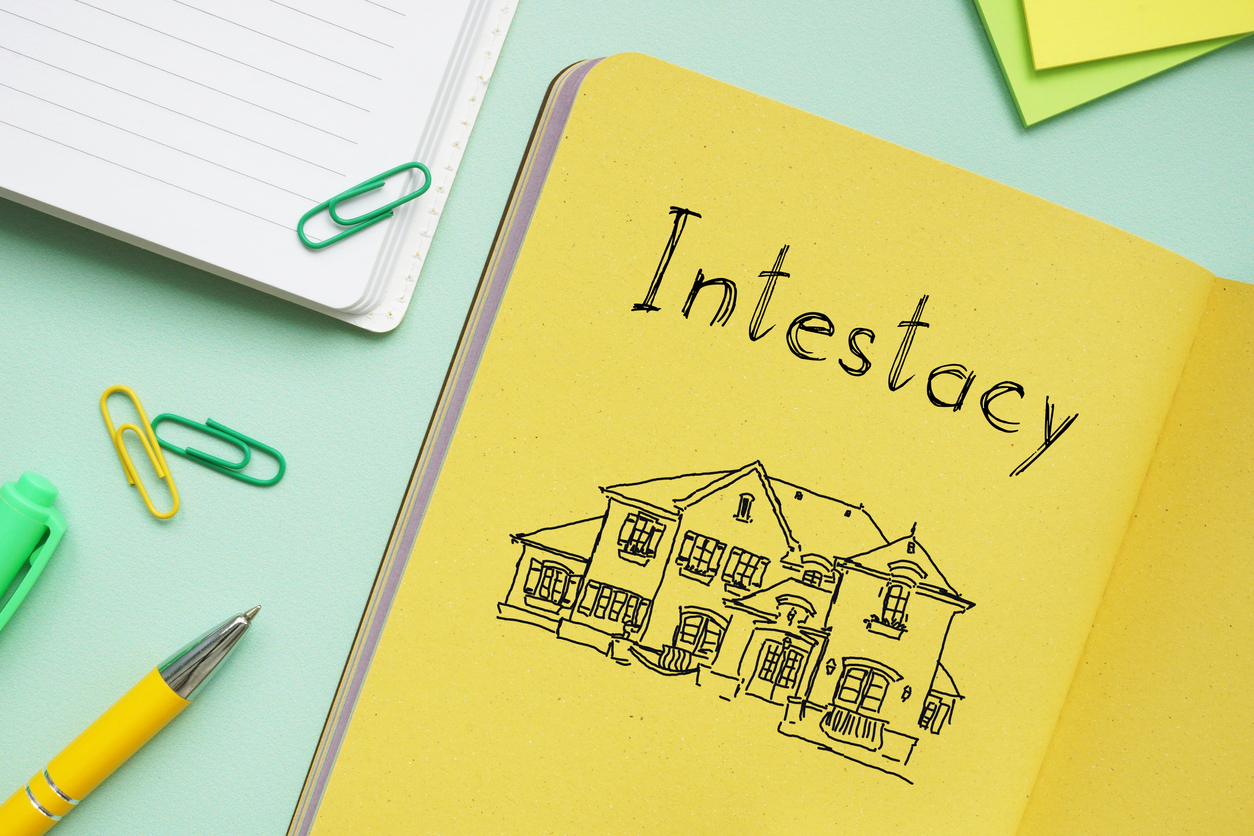
Life assurance is a crucial area of financial planning, particularly where there is a need to provide protection for young and growing families or where others are financially dependent on the life assured. It is, however, all too often ignored by individuals when they assess their financial priorities. According to research undertaken by Canada Life last year, 63% of those questioned have never thought about, or do not have, an active life insurance policy in place.
Lump sum cover
The most common form of life assurance is a term assurance policy, whereby the death of the life assured triggers a lump sum payment to beneficiaries. Often the policy will be established as a decreasing term assurance policy, which is designed to cover a repayment mortgage. These policies are set up so that the amount of cover falls over time broadly in line with the outstanding mortgage balance.
Whilst holding life cover over an outstanding mortgage balance is obviously sound financial planning, a lump sum payment would do little to provide additional funds on an ongoing basis to cover day-to-day living costs and other expenditure for family members left behind. This is where a different type of life insurance – family income benefit – can be very useful.
Providing a regular income
The main feature of family income benefit is that the policy is structured to pay a monthly tax-free income to beneficiaries for the remainder of the policy term, rather than paying out a lump sum. It is designed to replace earnings or income that would have been generated, in the event that the policyholder dies, thus allowing surviving family members to maintain their standard of living. The policy is structured at the outset over a specific term, and in the event of a claim being made on the policy, the payments will be made for the remainder of the term. For example, if a policy was established for a 20 year term, and the policyholder died in the 9th year, the monthly benefit payments would continue to be paid for the 11 years remaining on the policy term.
Benefits paid by a family income benefit policy can either be paid on a level basis (i.e. the monthly premium and benefit payments are fixed at the same amount for the life of the policy) or indexed, where the level of benefits, and monthly premium, are inflation linked. This can protect the real value of the cover provided, and the cost of living increases we have seen over recent months are a timely reminder of the importance of protecting future payments against rising inflation. Many family income benefit policies also pay out on diagnosis of a terminal illness, and some policies allow the monthly payments to be commuted to a lump sum payment, if the surviving family feel this would be more helpful in their circumstances.
Cost-effective cover
Many people consider affordability as being one of the main barriers to holding adequate life insurance. Indeed, research carried out by Canada Life in 2019 confirmed that 27% of respondents felt the cost of the premiums was the main reason for not taking out cover. Family income benefit is often more cost effective than lump sum term assurance, as the total amount paid out by the policy depends on when the policyholder dies. If they die in the early years of the policy, the total payout will be more than if they die nearer the end of the term of the policy. Because the total amount paid decreases over time, it’s cheaper than an equivalent single lump sum life insurance policy which runs for the same period.
Specific situations where cover can assist
As we have established, the most common use of a family income benefit policy will be to provide families with cost-effective cover to enable the surviving family to maintain their standard of living in the event of death. Typically, policies would be put in place to provide a term of insurance until the youngest child leaves higher education.
In addition, however, there are many scenarios where family income benefit could be a very sensible solution for specific protection needs. One such situation is to cover divorce maintenance payments, which would potentially cease in the event of the death of a divorced parent. By taking out a family income benefit policy, the benefits could continue to provide the maintenance payments, thus enabling the ongoing standard of living the children enjoy to be maintained.
In a similar vein, family income benefit can be useful to cover education costs, in particular if a child is privately educated. By taking out a policy that covers the ongoing educational costs, this could mean a child being able to stay in private education or could potentially even provide ongoing funding through university.
Another scenario where family income benefit could be helpful is to cover the cost of care. Many individuals are full-time carers for loved ones, and in the event of death of the carer, this could leave the individual being cared for facing the need to pay the cost of finding alternative care. By taking out family income benefit, the monthly payments for providing ongoing care could be covered.
Seek our advice
Whilst many individuals hold adequate cover to pay off outstanding mortgages and other liabilities, the ongoing costs of living are often ignored. Family income benefit can be a cost-effective way to provide a regular income in the event of death and help maintain a family’s standard of living. If you would like more information on this type of policy, then speak to one of our advisers at FAS, who can take an independent look across the whole of the protection market, and provide advice on the most appropriate solution.
If you would like to discuss the above with one of our experienced financial planners, please get in touch here.
The value of investments and the income they produce can fall as well as rise. You may get back less than you invested. Past performance is not a reliable indicator of future performance. Investing in stocks and shares should be regarded as a long term investment and should fit in with your overall attitude to risk and your financial circumstances.













